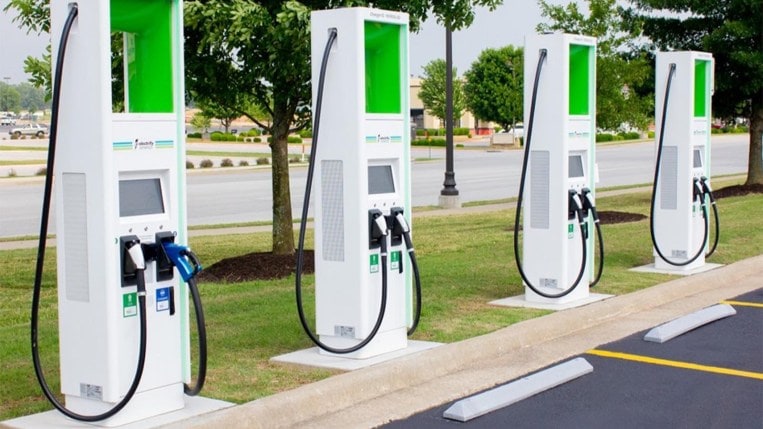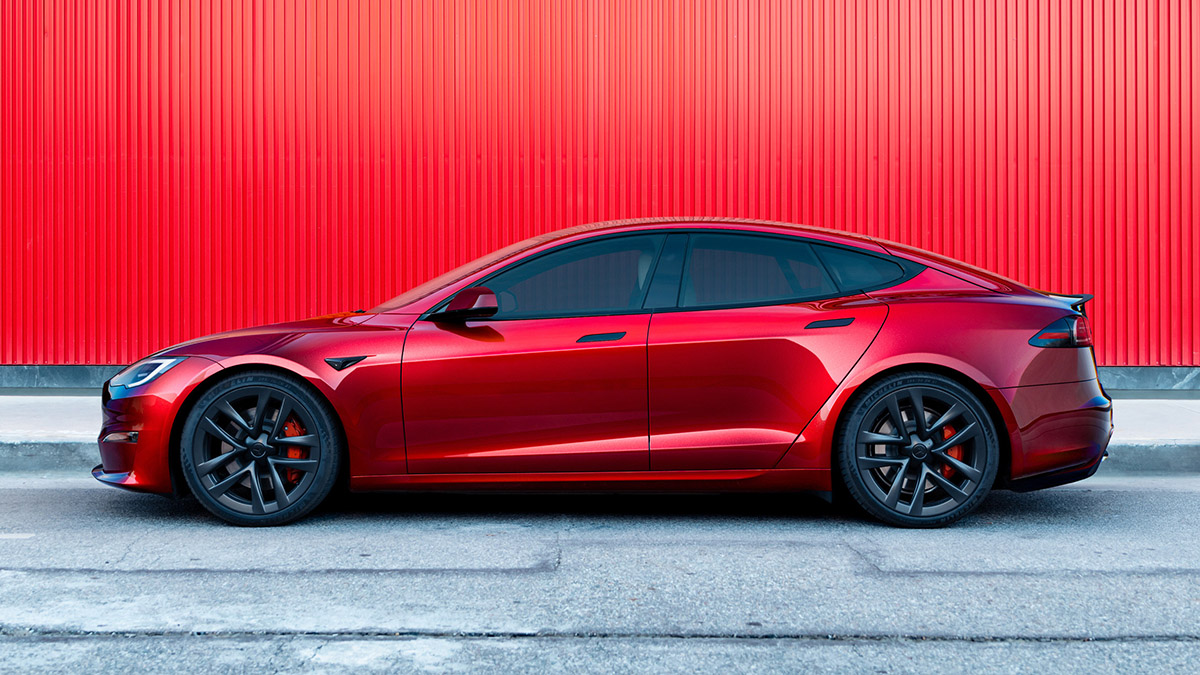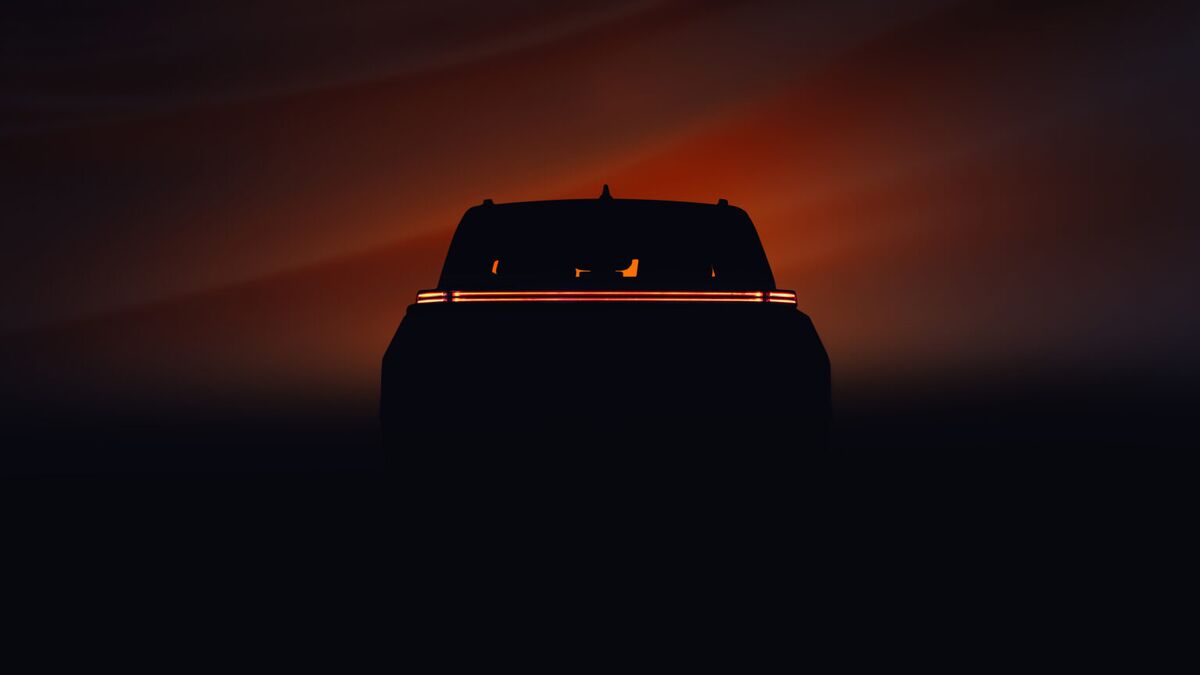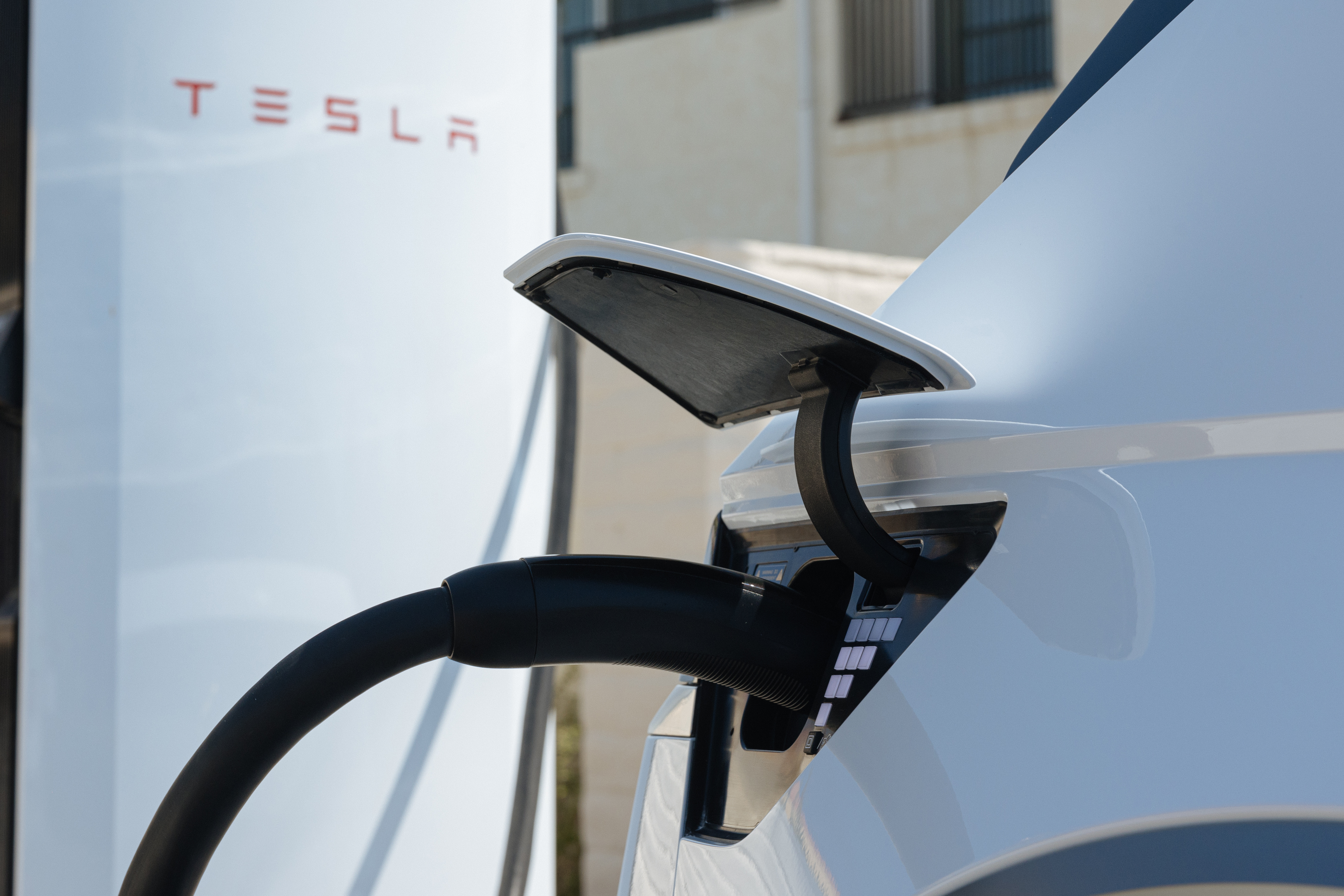
Some automakers, like Volvo and Mini have pledged to sell nothing but electric vehicles (EVs) by the end of the decade. Others haven’t said they’ll go all-electric, but have pledged to get close. Mercedes says it will sell nothing but EVs by 2030 in markets that build enough infrastructure to support them. General Motors has pledged to sell a mostly-EV lineup by 2035. Even Porsche has promised to go carbon-neutral and electrify much of its lineup, if not its beloved 911.
But many Americans remain skeptical that they could make the switch to an electric car. America has spent a century building up the infrastructure to support endless nationwide road trips in gasoline-powered cars. Electric cars, with their limited range, make some buyers nervous.
What number will ease the average buyer’s range anxiety?
That would be 518 miles between charges.
Americans More Demanding Than Other Drivers
That’s one conclusion from the 2022 Global Automotive Consumer Study, published this week by the professional services firm Deloitte.
Survey respondents were asked, “How much driving range would a fully charged all-battery electric vehicle need to have in order for you to consider acquiring one?” Americans averaged an answer of 518 miles.
We’re a demanding group. German drivers gave an average answer of 383 miles. Drivers in China – now the world’s largest car market by number of new cars registered – would buy in at just 258 miles.
That Range is Possible…For a Price
Exactly one car currently on the market could meet survey respondents’ range demands. The Lucid Air, a luxury sedan built by a California startup, has an EPA-certified range of up to 520 miles. The only configuration able to travel that distance – the Dream Edition – carries a starting price of $169,000. Or, rather, it did. Lucid has sold out of them for 2022.
That price tag is another hurdle the survey highlighted for EV sales. Respondents cited three main hurdles to changing their minds about EV adoption: range, lack of charging infrastructure, and the higher cost of EVs.
To get its results, Deloitte surveyed more than 26,000 consumers of driving age worldwide. Just 1,031 were American.







